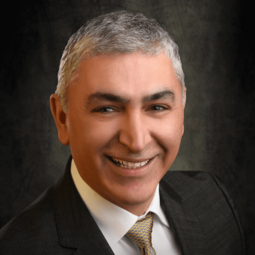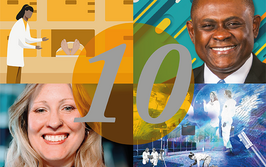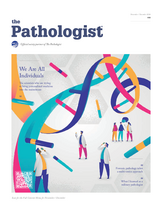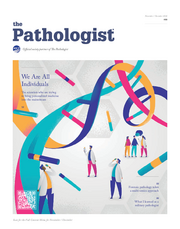Reza Alaghehbandan

I want to make a lasting impact in the world of global health and cancer control. It’s by no means a small goal. For years, I have been privileged to do pathology philanthropy, enhancing education and clinical services in sub-Saharan Africa and Southeast Asia. My recent focus is in the SE Asia region, where there is a significant gap in pathologist–patient ratio. I provide educational courses and workshops for both pathologists and surgeons, where I conduct fine needle aspiration clinics, online lectures, and case consultations through telepathology powered by social media platforms. I also promote educational “twinning” programs, where a host country partners with a sponsoring institution, creating ongoing educational collaborations. I am very passionate about envisioning a feasible design for pathology education in low- and middle-income countries (LMICs).
As someone who wants to make a global impact, there has been no greater opportunity than serving as an expert and contributor on developing the World Health Organization (WHO) Global Breast Cancer Initiative (GBCI) implementation framework in 2023. Launched back in March 2021, the objective was bold: to reduce global breast cancer mortality by 2.5 percent per year, thereby averting an estimated 2.5 million deaths between now and 2040. The project aims to define and improve high-quality, high-value cancer management focusing on the needs and limited resources in LMICs. I was invited along with 60-70 other global experts to assist in technical consultations, collaboration with working groups, and contributions to the writing, editing, and reviewing of the core technical package. To see the final documents – ones that outline a pathway for incremental, sustainable improvements tailored to country-specific needs – was a truly rewarding experience that showed how global pathology can come together to bring actionable change.




















